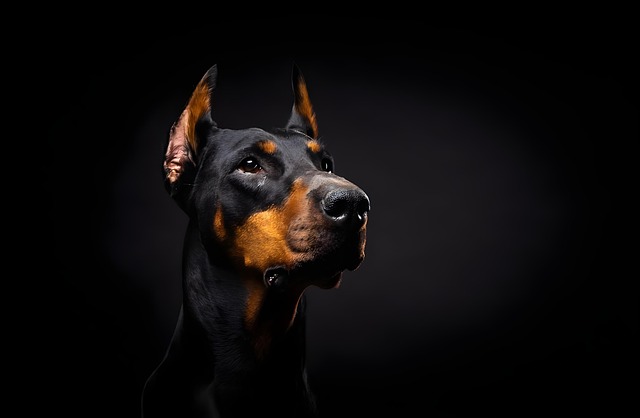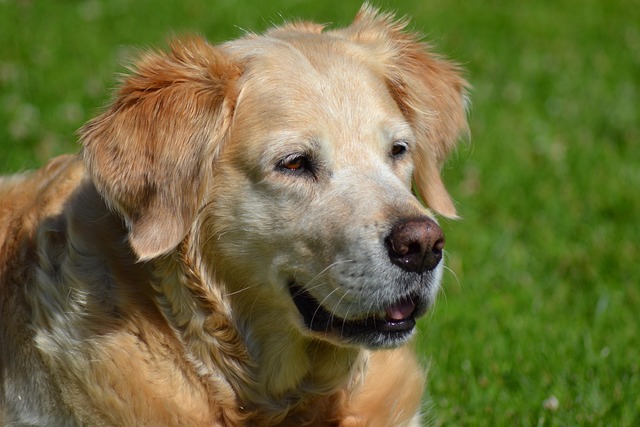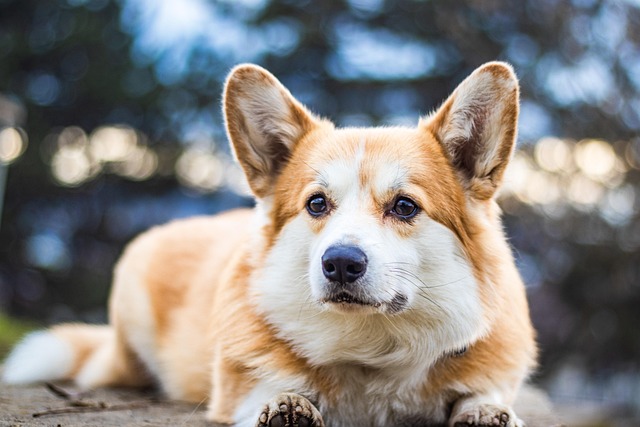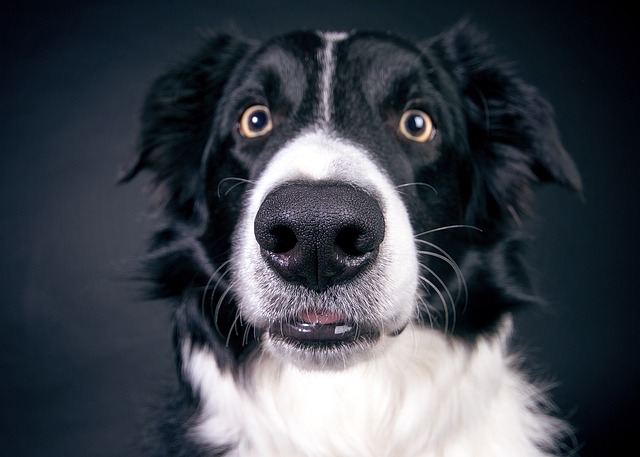
How to test for tetanus in dogs?
Tetanus in dogs often starts with subtle signs most owners miss—like a stiff jaw when grabbing a favorite chew toy or hesitation to climb stairs they once bounded up.
If you’ve noticed your dog acting off—lethargic, refusing food, or throwing up—during the hot months, you’re probably wondering: Is this just the heat, or something more? Summer brings unique health risks for dogs, and understanding them can help you keep your pup feeling their best. Let’s break down the common culprits.
Heat is the biggest offender. Dogs can’t cool down as efficiently as humans, so even a 30-minute walk in 90°F weather can lead to heat exhaustion. Signs include heavy panting, drooling, or weakness. Brachycephalic breeds like Pugs or Bulldogs are extra vulnerable—their short noses make panting less effective. A vet in Arizona once treated a Labrador who collapsed after fetch in 85°F heat: “Owners thought, ‘He’s a tough dog, he can handle it.’ But heat stroke can hit any breed fast.”
Then there’s dehydration. Dogs need more water in summer, especially active ones. A friend in Texas learned this the hard way: Her Border Collie stopped eating after a hike, and the vet said it was dehydration. “I thought he’d drink when he was thirsty, but he was too busy playing to stop,” she said. Always bring a portable bowl on walks, and check their water dish hourly at home—hot weather makes water evaporate faster.
Summer also brings pests. Fleas and ticks thrive in warm, humid air, and their bites can cause allergic reactions (itchy, red skin) or spread diseases like Lyme. Mosquitoes carry heartworms, a serious condition that’s preventable with monthly meds. Talk to your vet about year-round prevention—even in summer, it’s a must.

Practical tips for apartment living: Keep your AC on (75°F is ideal) or use fans to circulate air. Avoid leaving windows open without screens—bugs and heat can sneak in. If your dog hates the heat, lay cool towels on the floor or freeze a Kong toy with peanut butter for a refreshing treat.
Culturally, never leave a dog in a parked car—even with windows cracked. It’s illegal in 28 states (including California and New York) and deadly; temps can hit 120°F in minutes. And if your dog resists wearing a cooling vest, don’t force it. Use positive reinforcement: Offer a treat when they sniff it, then praise when they let you put it on. Yelling will only make them fear “summer gear.”
Compliance checks: Keep your dog’s vaccines (rabies, distemper) up to date—states like Illinois require it, and a vet visit for heat exhaustion will need proof. During walks, pack poop bags—cities like Denver fine up to $100 for skipping this, even on hot days.
In short, summer sickness in dogs is often preventable. With plenty of water, shade, and pest care, your pup can enjoy the season—chasing fireflies, splashing in kiddie pools, and napping in the AC.

Tetanus in dogs often starts with subtle signs most owners miss—like a stiff jaw when grabbing a favorite chew toy or hesitation to climb stairs they once bounded up.

If you’re a new dog parent in the US—maybe you’re standing in your Ohio apartment’s pet store aisle, holding a bag labeled “senior dog food” while your 8-year-old Dachshund

If you’re a new dog parent to a senior pup in the US—maybe you’re standing in your Florida apartment’s pet food aisle

Pet owners often worry about hidden health risks for their dogs, and toxoplasmosis is one that flies under the radar for many—understanding how dogs pick it up is key to keeping them safe.

If you’re a new dog parent in the US—maybe you’re standing in your Chicago apartment, staring at your 7-month-old Poodle mix, Bella

Tetanus in dogs comes from bacteria entering open wounds—think a deep cut from a rusty fence nail during a walk, or a scraped paw from digging in contaminated soil.